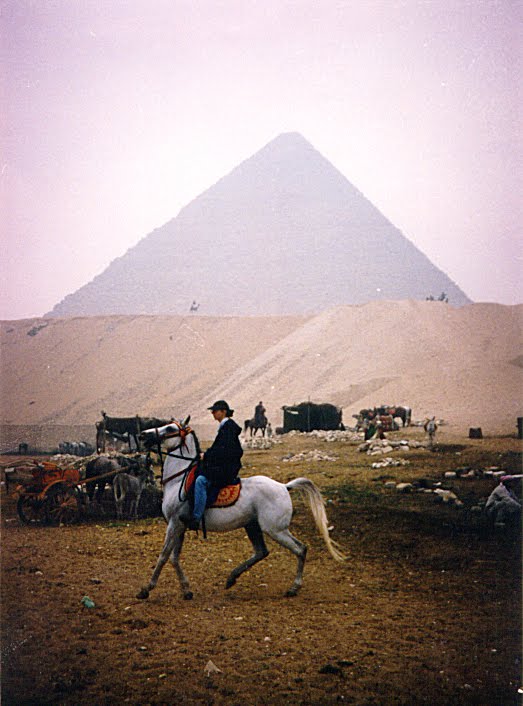Finally, an answer to the question that has plagued academics for centuries: What does it take to win tenure?
By DORIE TURNER, Associated Press Writer
1 hour, 17 minutes ago
ATLANTA - The Dalai Lama was formally installed as a professor at Emory University on Monday as Tibetan monks wearing large moon-shaped, yellow hats chanted and played cymbals, gongs and horns.
The exiled Tibetan Buddhist spiritual leader, whose face is recognized around the world, now is the bearer of a faculty ID card.
"I suspect you will not need to carry this with you for identification, but in any case, we wanted you to know you are welcome," student Emily Allen said as she handed him the card, a present from the students.
In his first speech as a faculty member, the Dalai Lama encouraged his audience of thousands of people to look beyond money and fame for happiness. Education paired with destructive behavior is wasted, but knowledge used for good is a powerful instrument, he said.
"As a professor of this university, I think you should listen to me," the 72-year-old monk and Nobel Peace Prize laureate said with a laugh.
During the weekend, he delivered a lecture on the basics of Buddhism to thousands and participated in a conference on depression. He also joined with spiritual leaders from the world's major religions — including Rajmohan Gandhi, a grandson of India's Mohandas Gandhi — to discuss peaceful resolution of military conflicts.
As Presidential Distinguished Professor, the Dalai Lama will provide private teaching sessions with students and faculty during Emory's study-abroad program in Dharamsala, India, and periodiically visit Emory in Atlanta.
The Dalai Lama fled the Himalayan region in 1959 during a failed uprising against Chinese rule. He remains highly popular among Tibetans and is lauded in much of the world as a figure of moral authority, but China reviles him as a Tibetan separatist.
Chinese officials lashed out angrily at the United States after he received Congress' highest civilian honor last week. The Dalai Lama brushed aside the furious reaction, saying he supports "genuine autonomy," not independence for Tibet.
1 hour, 17 minutes ago
ATLANTA - The Dalai Lama was formally installed as a professor at Emory University on Monday as Tibetan monks wearing large moon-shaped, yellow hats chanted and played cymbals, gongs and horns.
The exiled Tibetan Buddhist spiritual leader, whose face is recognized around the world, now is the bearer of a faculty ID card.
"I suspect you will not need to carry this with you for identification, but in any case, we wanted you to know you are welcome," student Emily Allen said as she handed him the card, a present from the students.
In his first speech as a faculty member, the Dalai Lama encouraged his audience of thousands of people to look beyond money and fame for happiness. Education paired with destructive behavior is wasted, but knowledge used for good is a powerful instrument, he said.
"As a professor of this university, I think you should listen to me," the 72-year-old monk and Nobel Peace Prize laureate said with a laugh.
During the weekend, he delivered a lecture on the basics of Buddhism to thousands and participated in a conference on depression. He also joined with spiritual leaders from the world's major religions — including Rajmohan Gandhi, a grandson of India's Mohandas Gandhi — to discuss peaceful resolution of military conflicts.
As Presidential Distinguished Professor, the Dalai Lama will provide private teaching sessions with students and faculty during Emory's study-abroad program in Dharamsala, India, and periodiically visit Emory in Atlanta.
The Dalai Lama fled the Himalayan region in 1959 during a failed uprising against Chinese rule. He remains highly popular among Tibetans and is lauded in much of the world as a figure of moral authority, but China reviles him as a Tibetan separatist.
Chinese officials lashed out angrily at the United States after he received Congress' highest civilian honor last week. The Dalai Lama brushed aside the furious reaction, saying he supports "genuine autonomy," not independence for Tibet.





No comments:
Post a Comment